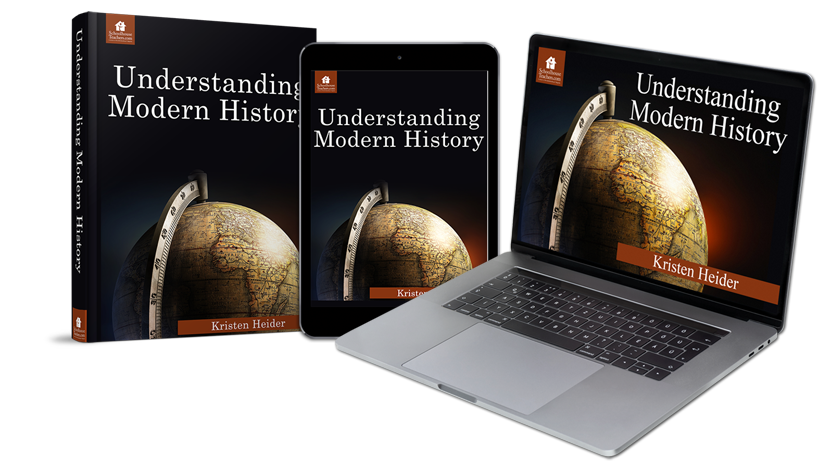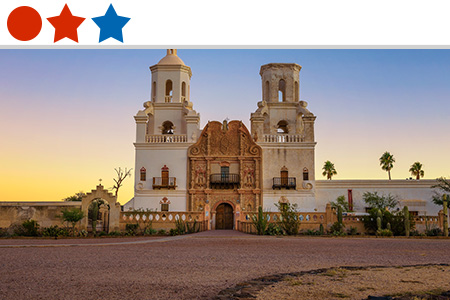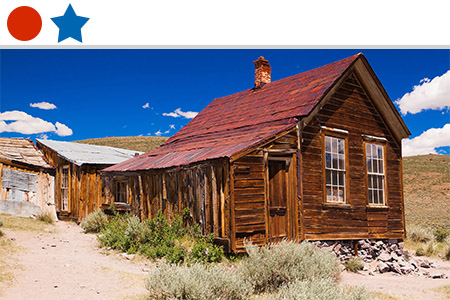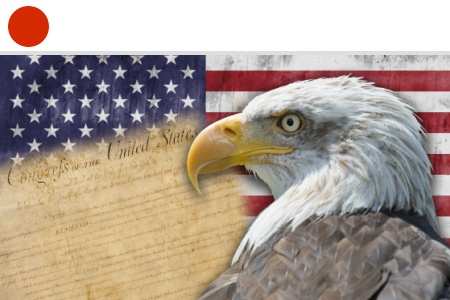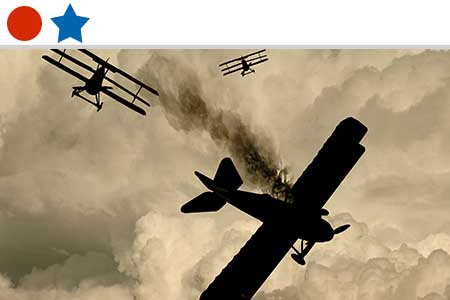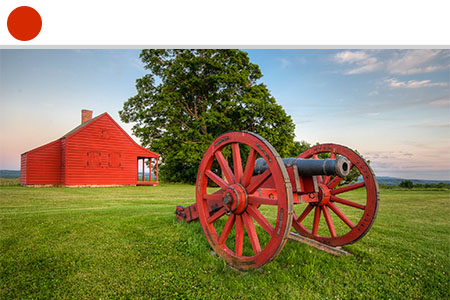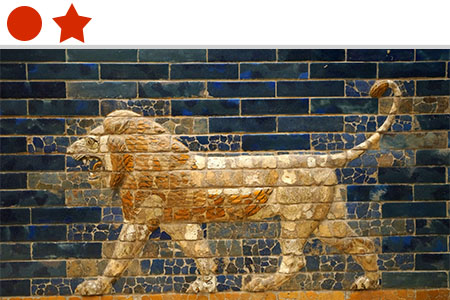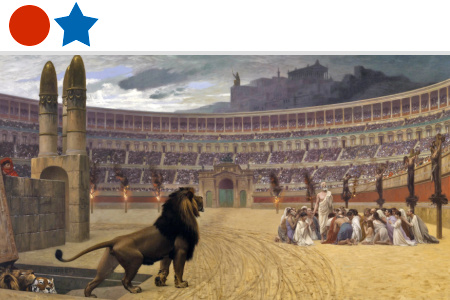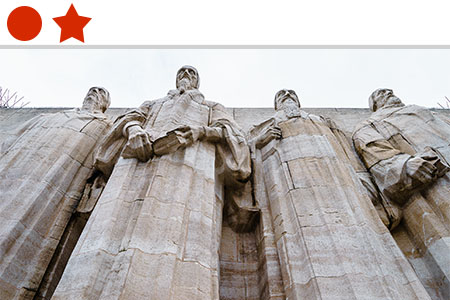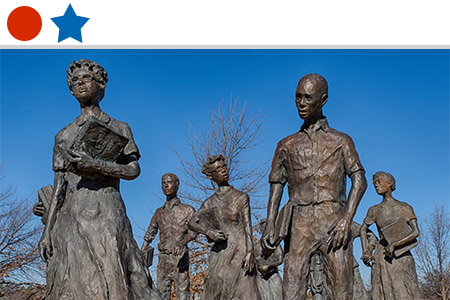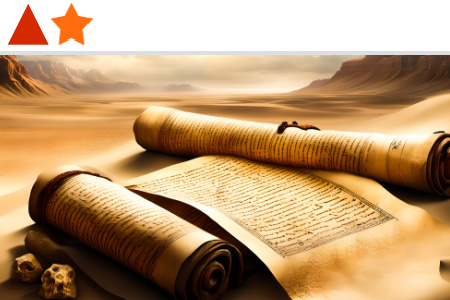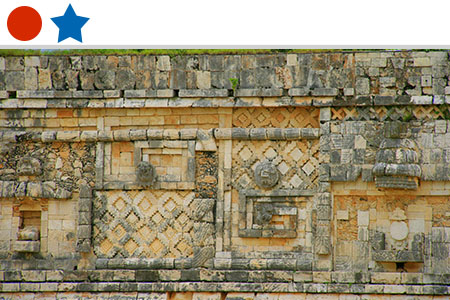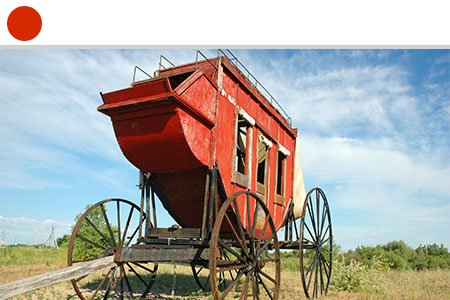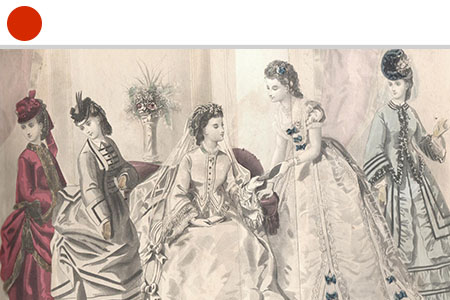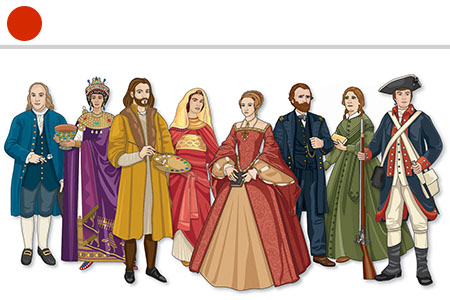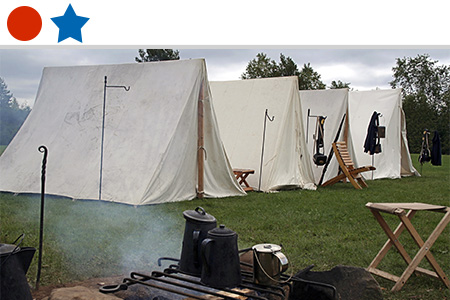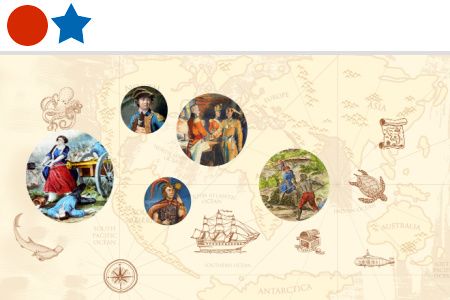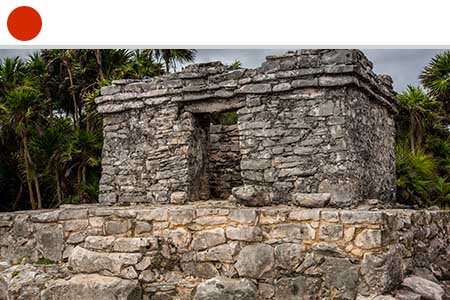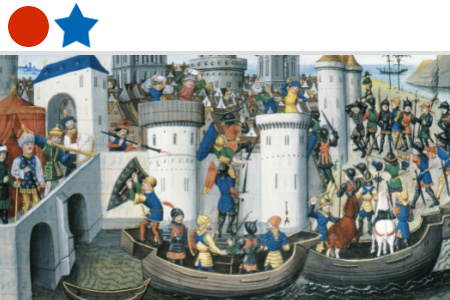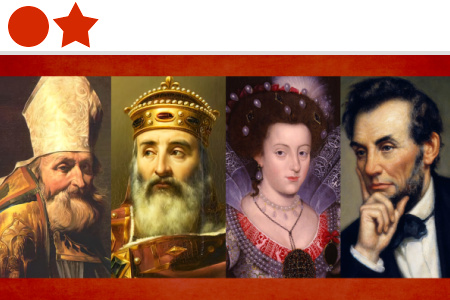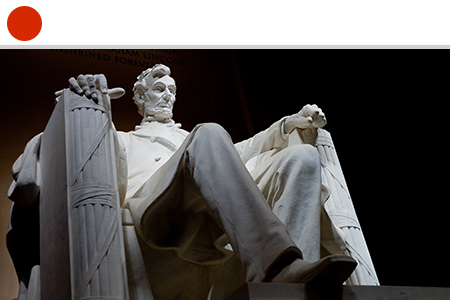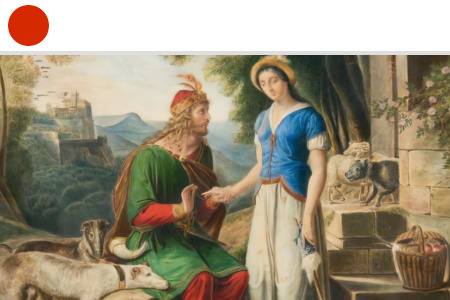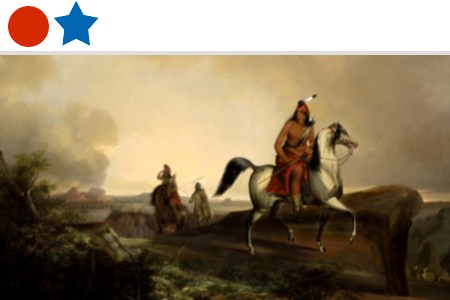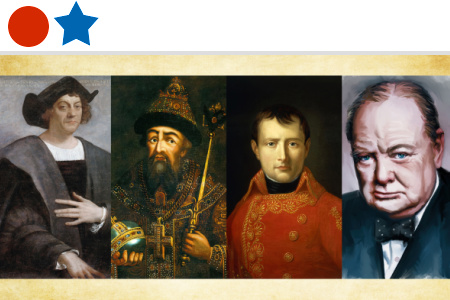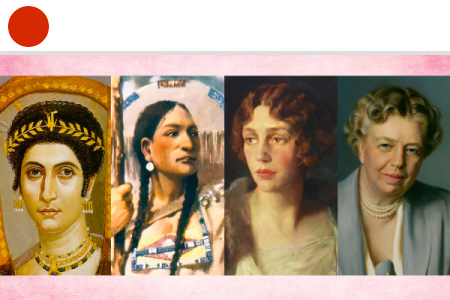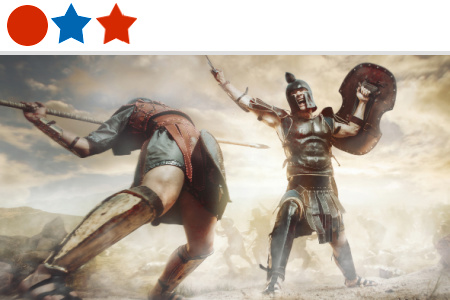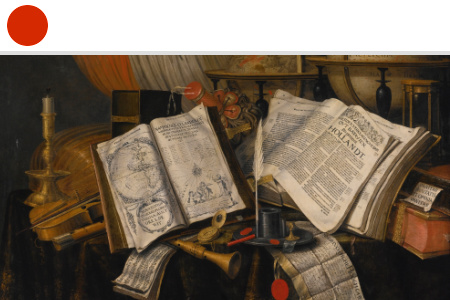Course Outline for Our Understanding Modern History Homeschool Curriculum
Understanding Modern History is a thirty-six week homeschool history course that explores topics from both American history and world history.
Unit One – Introduction
- Analyzing Primary Sources
- Review of Early American History
Unit Two – The Road to Independence
- Empires at War
- British Actions & Colonial Reactions
- Philosophical Foundations of American Revolution
Unit Three – The American Revolution and Its Aftermath
- Foundations for War
- The War
- Women, Native Americans & African Americans of the Revolution
- Results of the American Revolution
Unit Four – Effects of the American Revolution
- The Constitution
- The New Republic
- French Revolution
Unit Five – Jeffersonian Era
- Jefferson’s Presidency
- John Marshall and the Supreme Court
- Madison’s Presidency
- War of 1812
Unit Six – Early Nationalism
- Nationalism and Economic Development
- Missouri Compromise
- Growth of a Nation
- Industrialization
Unit Seven – Sectional Differences
- The North
- The South
- The West
Unit Eight – The Age of Jackson
- Jacksonian Democracy
- Jackson’s Presidency
- Nullification/Two-Party System
Unit Nine – A Revolution for Within
- Rise of the Reformers
- Arts & Literature
- Reforming Society
Unit Ten – Manifest Destiny
- Expansion Through Conflicts
- Southern and Western Expansion
- Politics
Unit Eleven – Reform and Revolution in Europe
- United Kingdom
- France
- Russia
- Austria-Hungary and the Ottoman Empire
Unit Twelve – American Civil War
- A Union in Peril
- Road to Secession
- Events of the War
- Effects of the American Civil War
Unit Thirteen – Reconstruction
- Congressional Reconstruction
- Reconstruction in the South
- Unification in Europe
Unit Fourteen – Transforming Our American Nation
- The West: Settlement of the Last Frontier
- Building a New South
- Farm Problems
Unit Fifteen – The Rise of Industrial America
- The Business of Railroads
- Industrial Empires
- Technology & Innovations
- Organized Labor Struggles
Unit Sixteen – Growth of Cities and Urban Life
- A Nation of Immigrants
- Urbanization
- Awakening of Reform
Unit Seventeen – The Gilded Age
- Politics During the Gilded Age
- Growth of Discontent
- A Turning Point in American Politics
Unit Eighteen – An Emerging World Power
- U.S. Involvement in Foreign Affairs
- The “New Imperialism”
- Spanish-American War
- Foreign Diplomacy
Unit Nineteen – European and American Power Expands
- Reasons for Imperialism
- British East India Company
- China and Japan
- Power in Southeast Asia
Unit Twenty – The Progressive Era
- Origins of Progressivism
- Political Reforms
- Civil Rights and the Suffrage Movement
Unit Twenty-One – World War I and Its Aftermath
- Setting the Stage for War
- The U.S. Enters the War
- U.S. Home Front during the War
- Russian Revolution
- Toward a New Peace
Unit Twenty-Two – The 1920s
- Presidential Administrations
- Economy
- Culture
Unit Twenty-Three – The Great Depression and the New Deal
- Causes and Effects of the Great Depression
- Roosevelt’s New Deal
Unit Twenty-Four – Moving Toward Another World War
- Unrest in Europe
- U.S. Response Toward European War
- Pearl Harbor
- Effects in the U.S.
Unit Twenty-Five – World War II
- U.S. Involvement
- European Leadership
- World War II Conferences
- The War’s Legacy
Unit Twenty-Six – Truman and the Cold War
- Postwar America
- Origins of Cold War
- Korean War
Unit Twenty-Seven – The World Following the War
- Post-War Europe
- Middle East and Northern Africa
- India and Eastern Asia
Unit Twenty-Eight – The Eisenhower Years
- Eisenhower Takes Command
- Origins of the Civil Rights Movement
- Popular Culture
Unit Twenty-Nine – Civil Rights and Social Reform
- Lyndon Johnson’s Great Society
- Civil Rights and Conflict
- Counterculture
- Women’s Liberation, Native Americans, and the Space Program
Unit Thirty – Political Actions of the Civil Rights Era
- The Kennedy Years
- Vietnam War
- U.S. Administrations in Turmoil
Unit Thirty-One – America’s Limitations
- Nixon Administration
- Policies Under Ford and Carter
- American Society in Transition
Unit Thirty-Two – Changing Views and Challenges
- Rise of Conservatism
- Foreign Policy During the Reagan Years
Unit Thirty-Three – War on Terror
- Bush Administration
- Clinton Administration
Unit Thirty-Four – Central & South American Colonization and Independence
- Mexican Reform
- Central American Nations
- South American Geography
- Independence in South America
Unit Thirty-Five – Famous Individuals
- Political Leaders
- Reformers
- Scientists
- Other Notable Figures
Unit Thirty-Six – Conclusion


